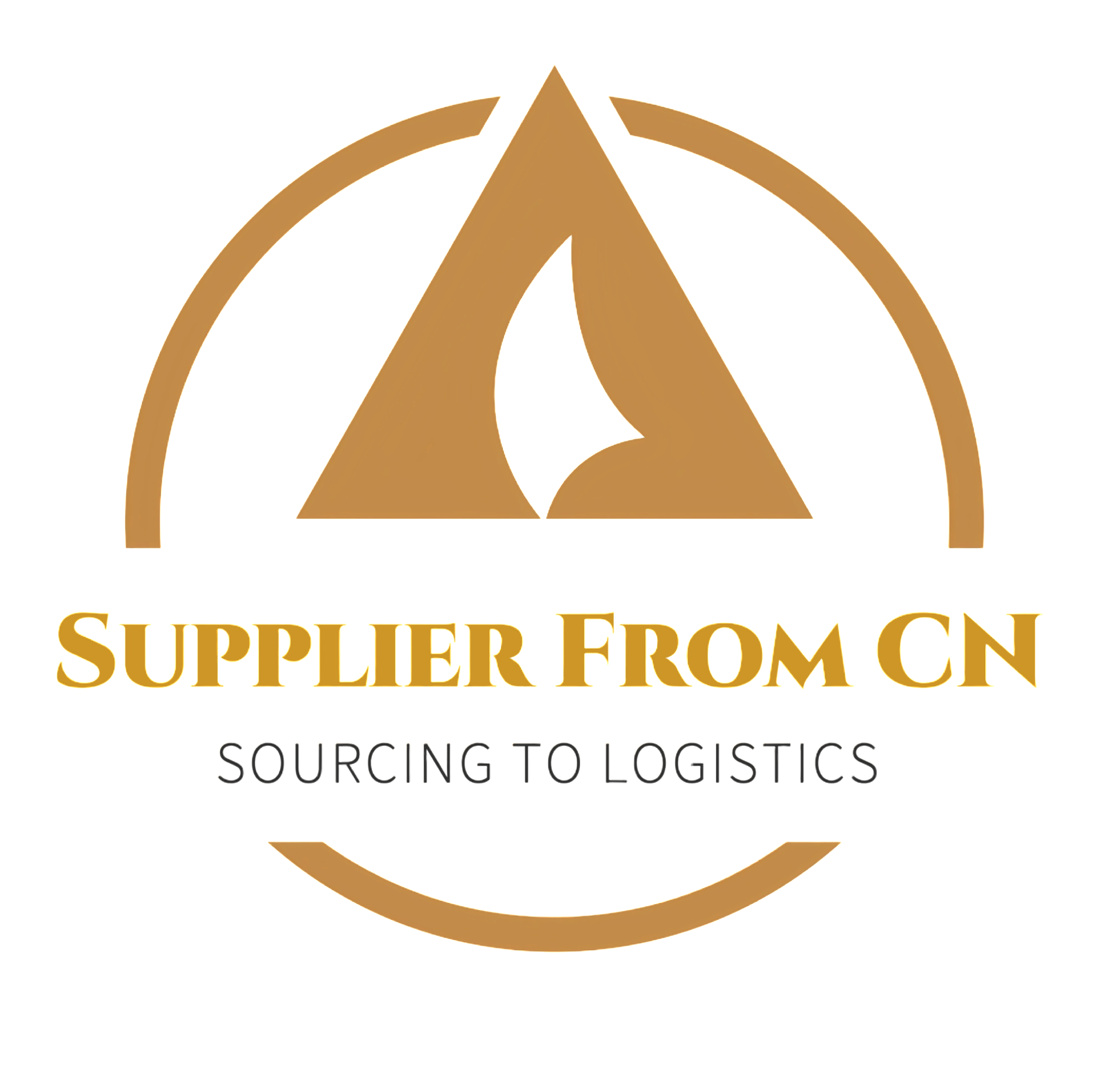Introduction: Navigating Trade Terms in Global Sourcing Selecting the appropriate Incoterms is crucial for successful international procurement. These standardized terms determine risk allocation, cost responsibilities, and logistics coordination between buyers and suppliers. As an experienced procurement agent based in Guangzhou, SFCN provides clarity on three fundamental terms: DDP, FOB, and CIF.
Understanding the Core Concepts
1. FOB (Free On Board)
Risk Transfer: Seller's responsibility ends when goods pass the ship's rail at origin port
Cost Division: Supplier covers charges until loading; buyer handles main freight, insurance, and destination costs
Best For: Importers seeking control over shipping arrangements while leveraging supplier's port logistics
2. CIF (Cost, Insurance, and Freight)
Risk Transfer: Seller's risk concludes upon goods arrival at destination port
Cost Division: Supplier pays origin costs, main freight, and basic insurance; buyer covers destination charges
Best For: First-time importers preferring simplified logistics management
3. DDP (Delivered Duty Paid)
Risk Transfer: Seller bears all risks until goods reach specified destination
Cost Division: Supplier manages all costs including duties, taxes, and final delivery
Best For: Buyers seeking maximum convenience with predictable landed costs
Comparative Analysis: Key Decision Factors
Cost Control
FOB offers highest cost transparency and negotiation opportunities
CIF provides predictable sea freight costs but limited insurance coverage
DDP ensures complete budget certainty but may include supplier margins
Risk Management
FOB gives buyers control over shipping quality and insurance options
CIF leaves buyers dependent on supplier's carrier selection
DDP transfers maximum risk to suppliers but requires thorough vetting
Logistics Flexibility
FOB allows buyers to optimize carrier selection and routing
CIF minimizes buyer's operational involvement
DDP enables complete hands-off approach for destination logistics
SFCN's Professional Recommendation Through our decade of sourcing experience, we recommend:
Choose FOB when you have reliable logistics partners and seek cost optimization
Opt for CIF for low-value shipments or when testing new suppliers
Select DDP for regulated products or when entering new markets
Why Partner with SFCN?
Expert Negotiation: We help select optimal Incoterms based on your specific needs
End-to-End Management: From supplier coordination to final delivery, we ensure seamless execution
Risk Mitigation: Our local presence enables continuous monitoring and quality control
Cost Optimization: We identify hidden costs and negotiate favorable terms with suppliers
Conclusion: Making Informed Trade Term Decisions Understanding Incoterms is fundamental to successful international sourcing. While each term has distinct advantages, the optimal choice depends on your specific requirements, risk tolerance, and logistics capabilities.
Ready to optimize your China sourcing strategy? Contact SFCN today for professional guidance on Incoterm selection and comprehensive supply chain management solutions.
